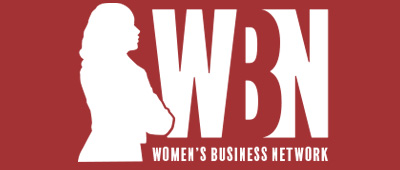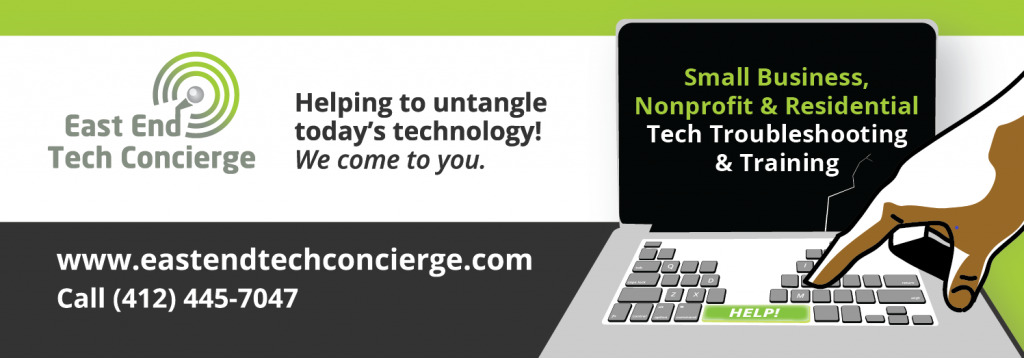By: Karen Kendall, Owner-East End Tech Concierge
Published: April 6, 2021
Would you know how to obtain all of the necessary information for a loved one in the event of a serious illness or death? Have you provided a way for your loved ones to access your necessary information if something were to happen to you?
Not that long ago all personal information was kept on paper. Today, the average person has access to 10.37 1 technology devices and has to remember between 70 and 100 passwords to access their personal data. Depending on the individual, that information can be stored truly anywhere: a thumb drive, cloud, email, internal or external hard drive – and let’s not forget about paper.
My family lost a loved one on January 2nd of this year. From the onset of their COVID-19 symptoms, it was only three weeks until their death. We didn’t think to have these hard conversations with this exercise and health-conscious person. We struggled trying to determine how to access two laptops, one desktop, an Android phone, four email addresses, multiple social media accounts, and online banking, (including billing arrangements and EFTs) not to mention papers at their home and storage unit, pointing us to other online accounts.
- Here are some suggestions that will help your loved ones to deal with your devices and data if anything were to happen. Think about what is crucial, include:
- Bank accounts, credit cards, retirement and savings plans
- Utilities, bills, and subscriptions – specifically those drawn automatically
- Insurance policies, personal health records, and prescriptions
- Phone, email, cloud storage, and social media access information
- Other information specific to your unique situation
Implement one or more of the following options:
- Create an “In Case Emergency/Death” binder/folder with written instructions; updating it every six months (bonus: keep a hard copy in a safety deposit box)
- Complete a “Peace of mind” planner – guided planners can be found at most book marketplaces
- Signup for an End-of-Life online service such as Cake, Going with Grace, or Lantern
- Use a password management system app such as 1Password, Keeper, or Dashlane and setup the Emergency Access feature
- Utilize Google’s Inactive Account Manager which automatically turns over control of your account to a designated person after a set period of inactivity
- Make sure someone knows how to access your mobile phone to be able to validate accounts setup with Two-Factor Authentication (a security process which requires users to provide two means of identification before accessing their account)
You can prevent your family from going through a distressing and traumatic situation by identifying your important accounts, and to also select someone to be your “Digital Executor.” Your Estates and Trusts Attorney can help you craft the necessary language to include in your will since this would be in addition to the traditional executor. A Digital Executor should comfortable with technology and know that they will be responsible for your sensitive digital accounts and assets, like: digital photos, business or personal websites and social media accounts; after you pass away.
Over the past three years, East End Tech Concierge, has helped clients access important information thought lost, when a loved one has passed away. East End Tech Concierge can help streamline this process for you.
EAST END TECH CONCIERGE – Helping to untangle today’s technology. https://EastEndTechConcierge.com 412 445 7047
© 2021 East End Tech Concierge LLC All rights reserved
EETC is not affiliated, associated, authorized, endorsed by, or in any way officially connected with the any of the software/apps, or any of their subsideraries, noted in this article.
1. Published by Statista Research Department, Jan 22, 2021

